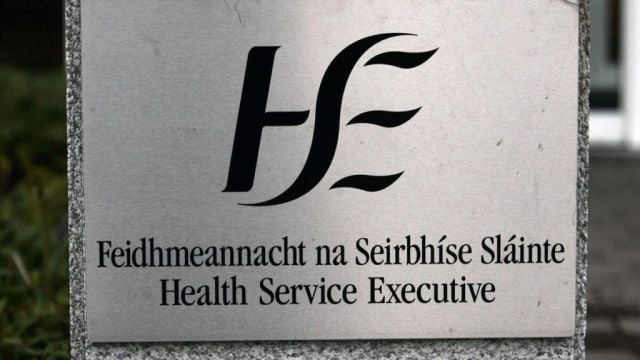The HSE and Tusla have denied they are at “loggerheads” over who is responsible for the placement of a 17-year-old autistic boy in care whose living arrangements have repeatedly broken down.
The boy’s mother has brought an urgent High Court application seeking orders compelling either agency to provide him with an appropriate placement, as his current service has flagged it will soon stop hosting him due to his risks being “far beyond any tolerable limit for the organisation to bear”.
The provider has said the arrangement cannot continue in light of an incident last month where the boy punched and kicked a staff member and threatened sexual assault.
The boy’s mother is also asking the court to declare that the agencies have failed to protect and vindicate her son’s constitutional rights and that Tusla’s arrangements for his placement over the last 11 months did not comply with its statutory duties.
On Tuesday, her lawyers, Patricia Brazil SC and Maeve Cox BL, told the court they an early hearing of the case.
Ms Brazil said the two State agencies are “essentially at loggerheads” over who must take responsibility for the boy.
David Leahy SC, for the HSE said Tusla is the primary target of the mother’s case as the body responsible for providing for children in State care. He accepted the case is urgent but did not agree with the claim his client and Tusla are “at loggerheads”.
He will submit the HSE’s legal response to the mother’s claims within three weeks and, in the meantime, continue working “very closely” with Tusla regarding the provision of services.
He said the HSE is going “well beyond what it might strictly be required to do” for the boy, who he said does not require a disability placement.
Tusla’s barrister, Deirdre Lynch, said Mr Leahy was correct in saying the two organisations are not at loggerheads. She said there is a “signficant amount of collaborative work going on at the most senior level” in the case.
Ms Justice Mary Rose Gearty said she will treat the case urgently but she felt it was reasonable for the agencies to take three weeks to respond to the claims.
In her legal papers, the mother says her son entered State care in December 2023 after years of her struggling to manage his escalating behaviours and to keep him safe at home.
She said he has autism, obsessive compulsive disorder, attention-deficit/hyperactivity disorder and early stage psychosis.
She said his behaviour included violence towards family members, including threatening her and other family members with knives. She said he also experiences suicidal ideation and paranoid thoughts, and she had had to contact gardaí several times due to the “severe risk” he posed to himself and other relatives.
He has on multiple occasions been hospitalised over his mental state, she said.
Since being taken into State care 11 months ago, she said he has never been provided with an appropriate, approved placement or a suitable disability placement. She said he was maintained in temporary, unapproved “special emergency arrangements” (SEAs), including in a hotel.

These SEAs are “completely unsuitable” and could not keep him safe, she said, adding that he has repeatedly absconded and placed himself at “signficant risk”.
She said the District Court ordered Tusla to provide him with a long-term placement that matches his needs but the agency “has not complied” with this and “remains in breach” of this order.
She said that her son absconded from his placement several times in September and was found in different counties. On one occasion after being returned to his SEA he absconded “within minutes”, she said.
He was detained at a mental health support unit for several days before a residential disability placement was found for him in late September, she said, adding that his absconding has “significantly reduced”.







